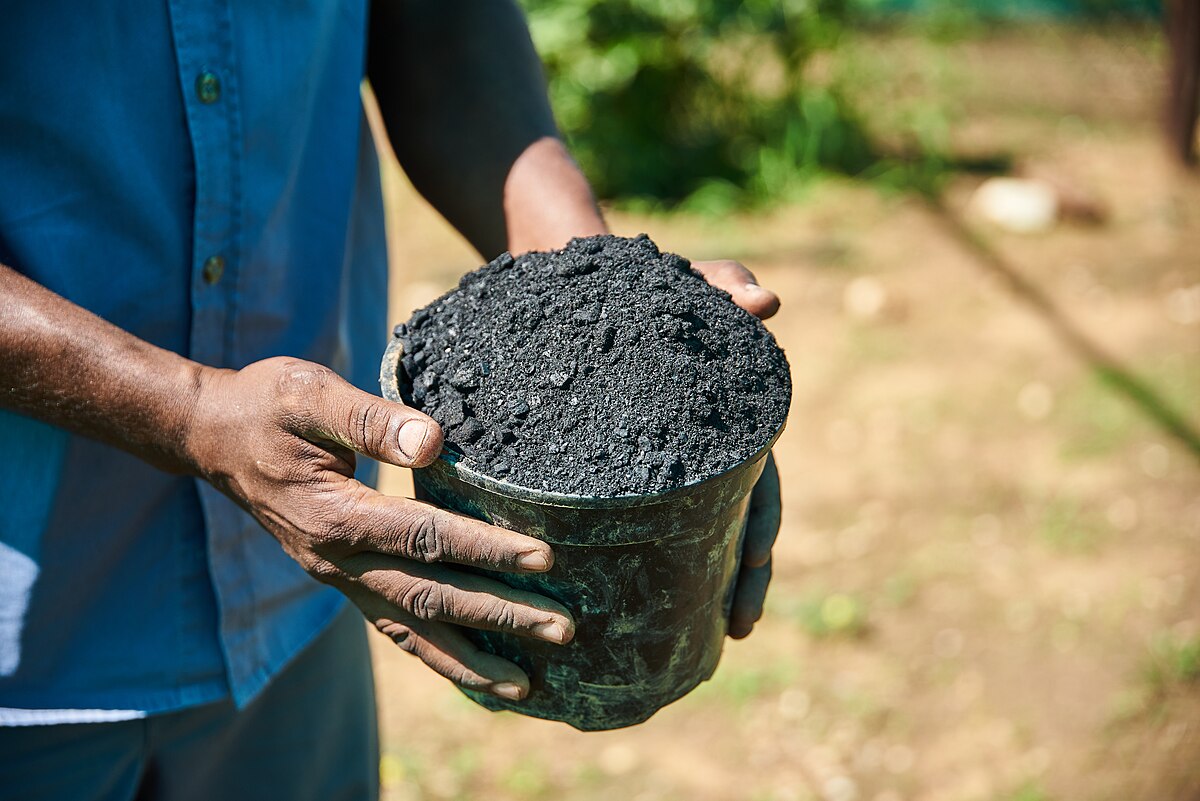Biochar Technology: Indonesia’s Climate Solution and Economic Opportunity
Biochar technology is gaining traction in Indonesia as an innovative response to climate change and agricultural challenges. According to recent reports from Bisnis.com, biochar not only offers a way to sequester carbon and improve soil health, but it also holds significant potential as an export commodity and source of foreign exchange. This dual role highlights Indonesia’s opportunity to lead in both environmental sustainability and economic resilience.
What Is Biochar Technology and How Does It Work?
Biochar refers to a stable, carbon-rich material produced by heating organic biomass, such as agricultural residues, in low-oxygen conditions through pyrolysis. The process stabilizes carbon in a form resistant to decay, ensuring long-term removal of CO₂ from the atmosphere, a key benefit of biochar technology.
Once added to soils, biochar’s porous structure enhances nutrient retention and water absorption, fosters beneficial microbial activity, and reduces nutrient leaching. Studies show crop yields may increase by 15–25 percent through biochar application, with soil improvements lasting for years .
Biochar Technology’s Role in Climate Mitigation
Biochar technology is unique in its ability to deliver net negative carbon emissions. When biomass is converted to biochar, up to 50 percent of its carbon content remains locked in soil for centuries or millennia. If applied at scale, biochar could help offset billions of tons of CO₂ annually, making it a viable tool for meeting global climate targets .
Indonesia’s abundant agricultural waste streams, such as palm fronds, coconut shells, and rice husks, provide the feedstock needed for local biochar production. Converting agricultural residues into biochar not only avoids open burning but also locks carbon in soil ecosystems and offsets greenhouse gas emissions.
Economic Potential and National Benefits
Indonesia is exploring biochar technology not just for climate impact, but also for economic growth. The Indonesian Biochar Association is promoting biochar as a carbon removal asset, connecting smallholder farmers with training in pyrolysis and helping to aggregate production into carbon credit value chains.
In voluntary carbon markets, biochar-based credits have surged, growing twenty-fold between 2005 and 2021. Major corporations like Google have signed deals to purchase biochar-derived carbon credits from smallholder producers in countries like India, signaling export and revenue potential for similar Indonesian initiatives .
By exporting biochar or biochar-linked carbon credits, Indonesia can diversify exports beyond traditional commodities. This creates a potentially high-value income stream for rural communities while contributing to global climate goals.
Challenges and Best Practices in Implementation
While promising, biochar technology must be implemented carefully. Key challenges include high production costs, technical complexity, and the need for standardized verification in carbon markets . Critics also warn that biochar’s long-term safety and broader ecological impacts vary depending on feedstock and pyrolysis methods. Contaminants or high application rates risk damaging soil health or polluting waterways .
To maximize benefits, industry and policymakers must invest in low-cost pyrolysis technologies, farmer education, rigorous carbon monitoring, and regulatory frameworks that promote quality and trust. Efficient models should include multi-stakeholder governance with government agencies, research institutions, NGOs, and farmer cooperatives.
Integrating Biochar Technology into Indonesia’s Climate Strategy
Biochar technology aligns closely with Indonesia’s national climate and agricultural agendas. As part of the country's efforts under the Paris Agreement, using biochar supports carbon removal targets while reducing reliance on chemical fertilizers and boosting soil resilience.
Pilot programs in Indonesia have already begun exploring biochar applications using oil palm residues and other biomass feedstocks. Successful scaling requires agricultural policy alignment, carbon standards, investment in decentralized pyrolysis units, and incentivizing production through carbon markets.
When trained farmers, cooperative structures, and transparent carbon frameworks are in place, biochar can deliver triple benefits: cleaner soil, climate impact, and foreign earnings.
Why Biochar Technology Matters Now
Biochar technology represents a rare convergence of environmental, agricultural, and economic priorities. It empowers local communities, enhances climate resilience, and positions Indonesia as a potential global leader in nature-based carbon removal. With growing interest from tech companies, carbon market firms, and governments, the timing for scale-up is opportune.
If Indonesia leverages its biomass abundance, invests in production infrastructure, and builds credible carbon credit mechanisms, biochar technology can become a flagship solution for rural livelihoods, nature-based mitigation, and export innovation.
Read More






 Wednesday, 04-02-26
Wednesday, 04-02-26







